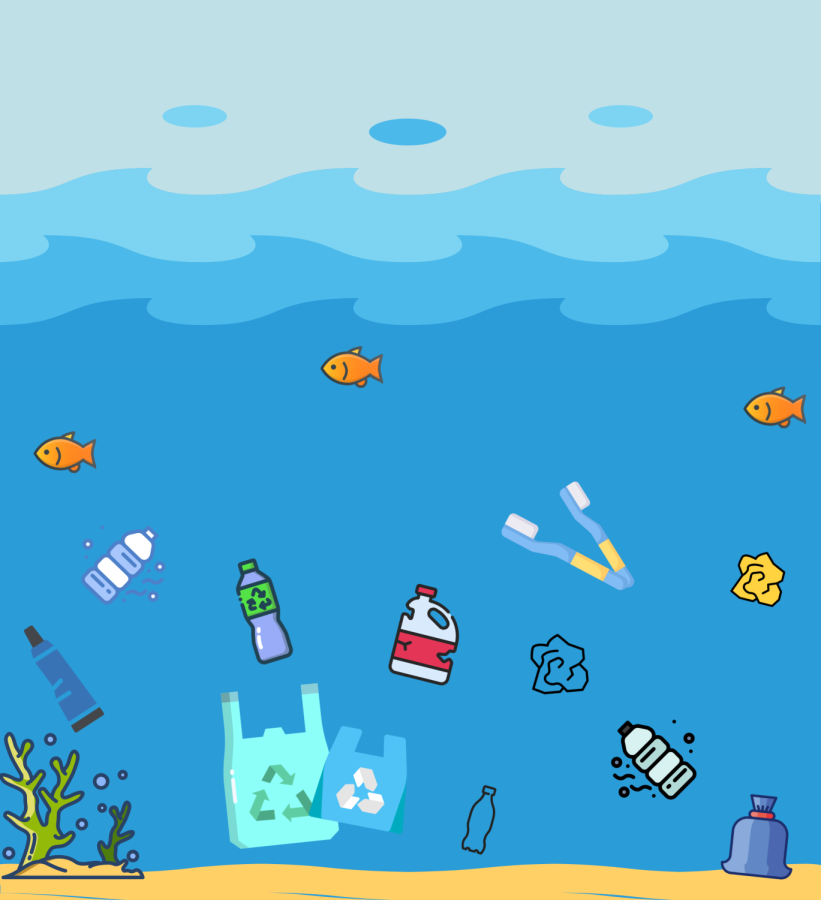Are the Alternatives to Plastic Effective?
The issue of plastic waste in our ocean could be dangerous to the well-being of our planet.
Plastic waste has been a global predicament since the 1960’s. When plastic debris was first found in the ocean, it was observed that the world, during this time period, “produced 7 million tons of plastic” according to Professor Peter Halley, a leading international expert in bio-based polymers and biodegradable plastics. Since then, it has been predicted to rise up to “540 million tons by 2020” (Halley).
The solution must be a properly developed product, that not only allows for environmental pollution to decrease, but that allows for easier manufacturing. But, alternatively, the way consumers go about disposing of plastics is just as valuable as replacing it all together.
A commonly used material for these alternatives is bioplastic. Bioplastic is the material used for disposable items and “[they] are bio-based, biodegradable, or both” (Halley). Bioplastics are partly constructed from biomass, a plant based material also used as a fuel. Some examples of items containing bioplastic include special product packaging, containers, straws, phone casing, and bottles. It could be a great alternative for the future but, as of now, it is not available in many areas of the world.
Many are compelled to seek alternatives to plastic in everyday life. A specific alternative used in daily life is a bamboo toothbrush. Some of the biggest issues and most common items found in the ocean are those that people least expect: “23 billion plastic toothbrushes are thrown away each year, each one taking up to 500 years to fully decompose” (earth.org). Bamboo toothbrushes have been well advertised as a substitute for plastic toothbrushes. They have been placed into a positive light for their antibacterial properties, effectiveness in cleaning teeth, and, more importantly, its positive impact on the environment.
This goes back to the question, have these alternatives been decreasing amounts of debris polluting our world?
In shorter terms, no, the amount of plastic predicted to pollute the environment is still on a steep incline for the upcoming decade. According to a study conducted by the UN Environment program, “Plastic pollution in oceans and other bodies of water continues to grow sharply and could more than double by 2030” (UNEP).
For decades, this global issue has been difficult to solve. While plastic presents a danger to our environment, it has beneficial uses that were once great obstacles, thus making it difficult to let go of. As years continue to pass, recycling has begun to fall short and the options have decreased. If a solution to the already popularly used plastic was found, an effective plan of getting rid of the enormous amount of plastic polluting our ocean would also have to be discovered. The predicament of plastic debris in our ocean is an obstacle that the world will not find a solution for in the upcoming years.




